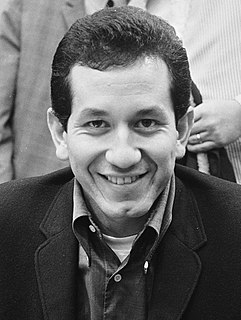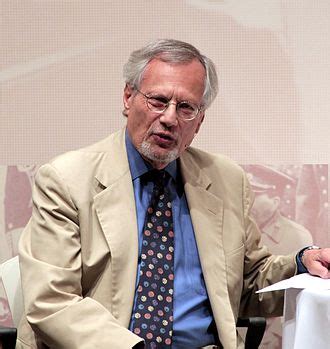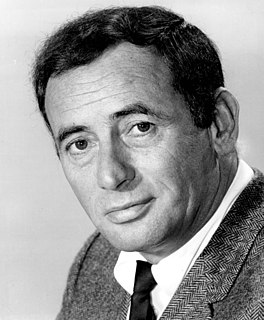A Quote by Frank Sinatra, Jr.
There is a man up in Philadelphia, I've known him for 50 years now, his name is Sid Mark. He does a radio program featuring Frank Sinatra music exclusively - one show for decades, "Friday with Frank," "Saturday with Sinatra," "Sunday with Sinatra," for decades. This is something that is really quite important.
Related Quotes
For some years now, I've been doing a program called "Sinatra Sings Sinatra." It's been going on virtually since the end of '98. Nineteen ninety-eight was the year Frank Sinatra died. ... Now having reached what would have been his 100th year - I decided back in 2013 when we started to put all of this together, I decided what we should do was the first "Sinatra Sings Sinatra" in which we go audio visual.
I've never heard of any one single artist being the subject in an ongoing series of radio programs for decades. Bearing this in mind, that's the kind of thing Frank Sinatra brings out in his audience, his followers. It's personally satisfying to me because his music by and large was the greatest quality of lyrics, melody, orchestration and, of course, his magnificent approach to telling a story.
One thing is certain: for many of those who came back from WWII, the music of Frank Sinatra was no consolation for their losses. Some had lost friends. Some had lost wives and lovers. All had lost portions of their youth. More important to the Sinatra career the girls started marrying the men who came home. Bobby socks vanished from many closets. The girls who wore them had no need anymore for imaginary lovers; they had husbands. Nothing is more embarrassing to grownups than the passions of adolescence, and for many, Frank Sinatra was the passion.
One time we were having dinner and some guy came by and took a potato off of Frank Sinatra's plate. And Frank said, “Hey pal, are you hungry?” The guy says, “yeah.” Frank said, “Sit down.” And he gave him his dinner. I thought for sure there was gonna be trouble from the guys surrounding Frank, but Frank says, “Jeez, relax, the man's hungry.”































